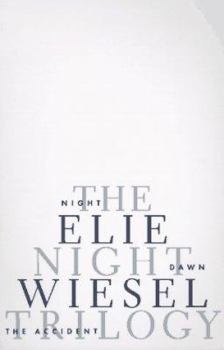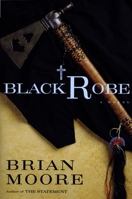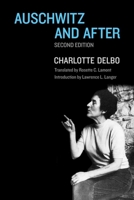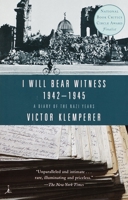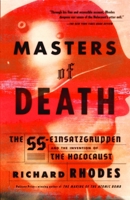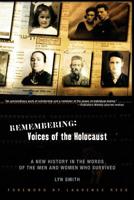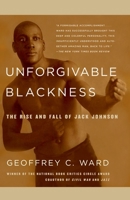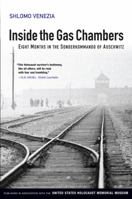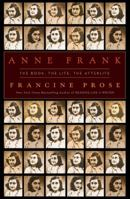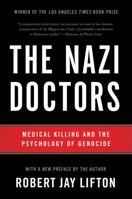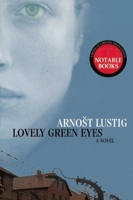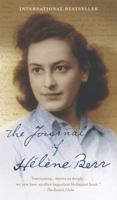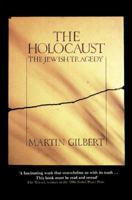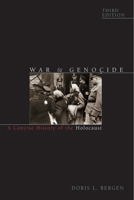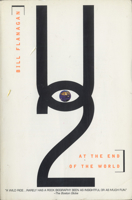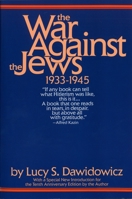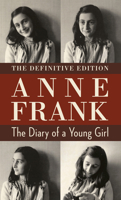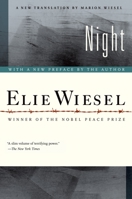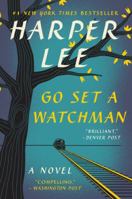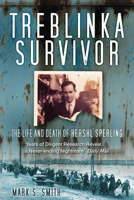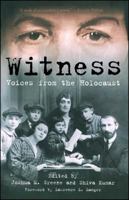You Might Also Enjoy
Book Overview
Customer Reviews
Rated 5 starsIf you have read Night by Eli Wiesel you must read his Trilogy- Night, Dawn, and Day
I love Eli Wiesel's story. The first book of his I read was Night, I think it was actually a required reading back when I was in middle school. It was this book which sparked my interest in reading survival stories from the Holocaust and other like literature from that era. A few years back I came across Eli Wiesel's trilogy: Night, Dawn, and Day. I was not aware that he had published any other books of this type until then...
6Report
Rated 5 starsreview of Night Trilogy
This was powerful and thought provoking. It wasn't an easy or comfortable read, but I still think of the concepts presented quite often.
1Report
Rated 5 starsThe Fire! The Furnace! Look, over there!
The cries of a madwoman on an Auschwitz-bound cattle car are just one of many portents shepherding doomed souls on their way to Nazi furnaces. In "Night", the first of three books in this collection, Elie Wiesel recounts his deportation to the death camps where the rest of his family perished. The tragic weight of his witness to this obscene cruelty burdens the reader with the fates of the inmates and his reflections...
6Report










